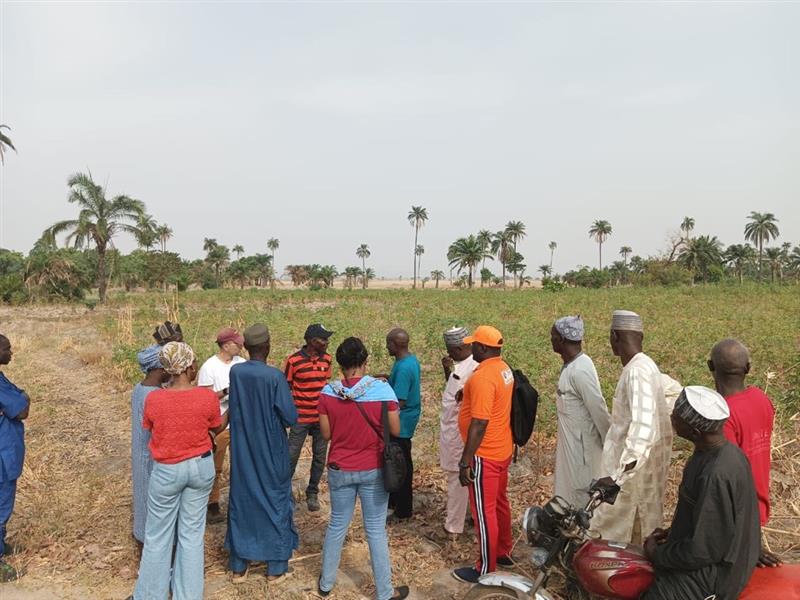
Supporting Agricultural Risk Profiling for Smallholder Farmers in Nigeria
In rural Nigeria, where over 70% of people depend on agriculture for their livelihoods, climate change is a daily reality that disrupts generations of farming knowledge. As rainfall patterns shift unpredictably and extreme weather events intensify, smallholder farmers across the country face mounting challenges that traditional risk assessment frameworks often fail to capture.
The disconnect is stark: while global research generates even more sophisticated climate adaptation innovations, these solutions frequently miss the mark because they are not grounded in the lived realities of small-scale producers. This gap does not just represent a failure of research translation; it threatens food security and economic stability for millions.
From Research Gap to Reality
The University of Washington’s Center for Risk and Inclusion in Food Systems (CRIFS) recognized this problem and the need to understand agricultural risk as farmers actually experience it. They recognized that success would require more than standard survey approaches, and they needed a partner who could bridge the divide between academic research and on-the-ground farming realities.
Over 19 intensive days spanning five ecologically diverse Nigerian states—Niger, Benue, Ebonyi, Ondo, and Kebbi—our team in collaboration with the National Bureau of Statistics implemented a multi-dimensional research strategy that captured the risks farmers face, and how these risks intersect with community infrastructure, market dynamics, and deeply embedded social systems.
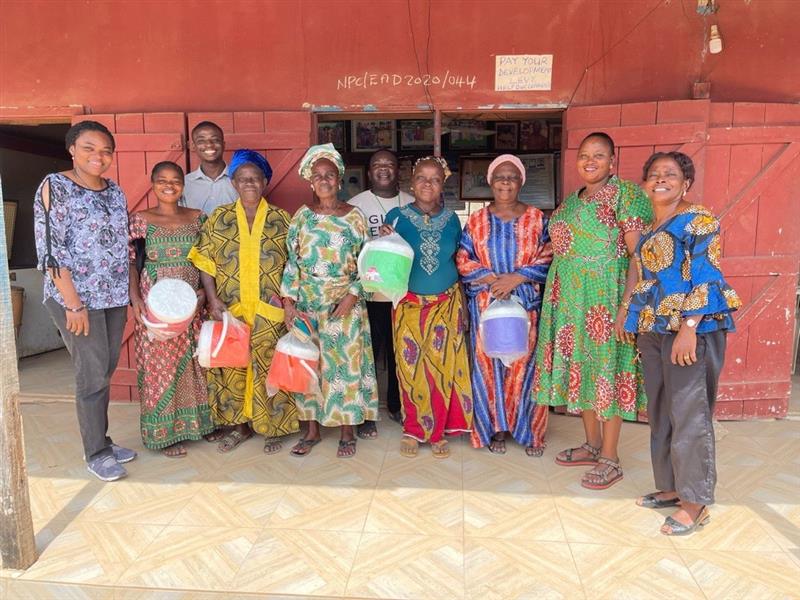
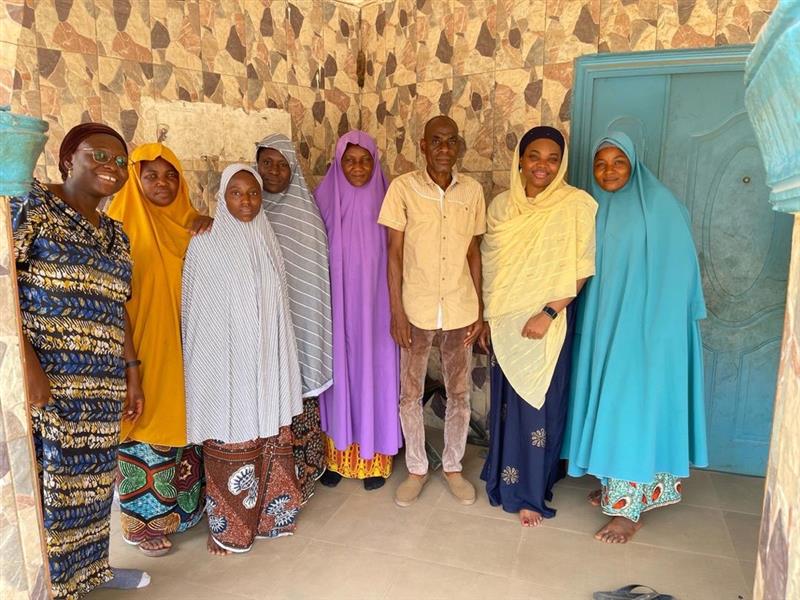
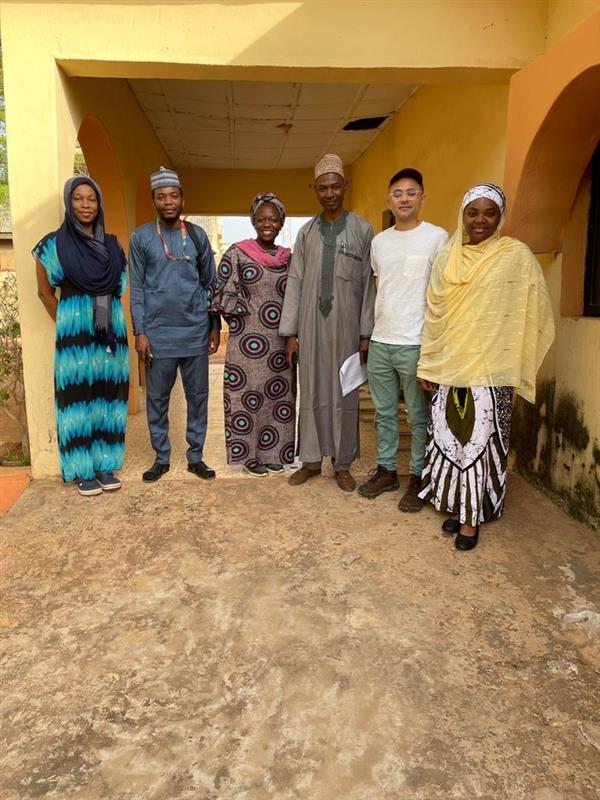
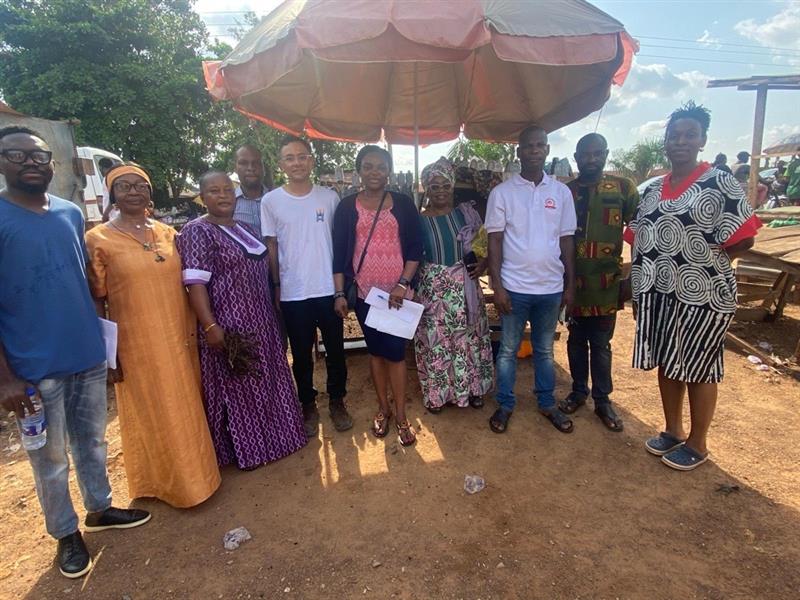
Seeing What Others Miss
Standard agricultural surveys often capture what is easily measured while missing what matters most, and our approach revealed some hidden dimensions of risk.
Through gender-segregated focus groups, infrastructure mapping, market surveys, and farm visits, we built a three-dimensional understanding of risk that conventional approaches consistently miss.
Building Better Solutions
For Dev-Afrique, this collaboration exemplifies our “Onward with Urgency” philosophy. As climate impacts intensify, farmers need solutions grounded in their lived experience, not academic theory.
By bringing farmers’ voices directly into research frameworks, we are transforming how agricultural risk is understood and addressed. The result will be more resilient, equitable food systems that work for those who need them most.
When you sip your morning coffee tomorrow, remember — somewhere in Nigeria, a farmer is making crucial planting decisions based on a complex risk calculation. Dev-Afrique is ensuring those calculations finally count in how we design climate solutions.


[…] second was our recent work with the University of Washington (UW). This project showed me what our team is really made of. Everyone focused on finding solutions. […]